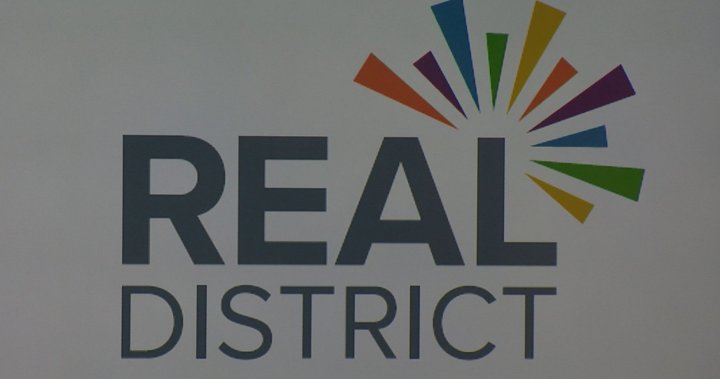The Regina Exhibition Association Limited (REAL) is facing a repayment of $8 million to the government following an audit by the Canada Revenue Agency over the Canada Emergency Wage Subsidy program. This amount includes $6.5 million in principle and roughly $1.5 million in accrued interest related to the subsidy, which was provided by the federal government to assist businesses during the COVID-19 pandemic. In response to the findings, REAL stated that it had followed due diligence procedures before applying for and receiving the subsidy. They are now exploring options for repayment, which will be presented for consideration at a city council meeting.
Many residents of Regina expressed confusion and concern over the situation facing REAL. Malcolm Gutfriend noted that there was uncertainty regarding the CEWS funding for businesses during the pandemic, leading to questions about who is eligible to keep the funds and who is required to repay them. He acknowledged that it is a challenging time as organizations navigate the repercussions of the audits. Angela Burns emphasized the impact this repayment will have on REAL, stating that they were depending on this funding and did not anticipate facing such a significant financial setback.
As REAL works on developing repayment options, they plan to present these to the city council for consideration at an executive committee meeting scheduled for May 1. The organization is taking steps to address the financial obligations resulting from the audit and is committed to finding a resolution to the situation. The decision ultimately lies with the city council, which will have to weigh the implications of this repayment on REAL and its operations. The outcome of this process will shape the future of REAL and its ability to continue serving the community.
The repercussions of the audit by the Canada Revenue Agency highlight the challenges faced by businesses and organizations during the pandemic. The financial impact of repaying the $8 million, including interest, will undoubtedly have far-reaching consequences for REAL and its stakeholders. The uncertainty surrounding the CEWS funding and the subsequent audit process has added to the complexity of the situation, requiring careful deliberation by decision-makers. The need to repay the government underscores the importance of financial transparency and accountability in accessing government assistance programs.
The community response to the news of REAL’s repayment obligations reflects the broader concerns surrounding financial stability and accountability in a post-pandemic world. As businesses strive to recover and rebuild in the aftermath of COVID-19, issues such as those faced by REAL serve as a reminder of the challenges ahead. The dialogue between residents, organizations, and government officials underscores the need for collaborative solutions to address the economic fallout from the pandemic. Moving forward, the lessons learned from this experience will shape how businesses and governments approach financial assistance programs and their oversight to ensure accountability and transparency.


